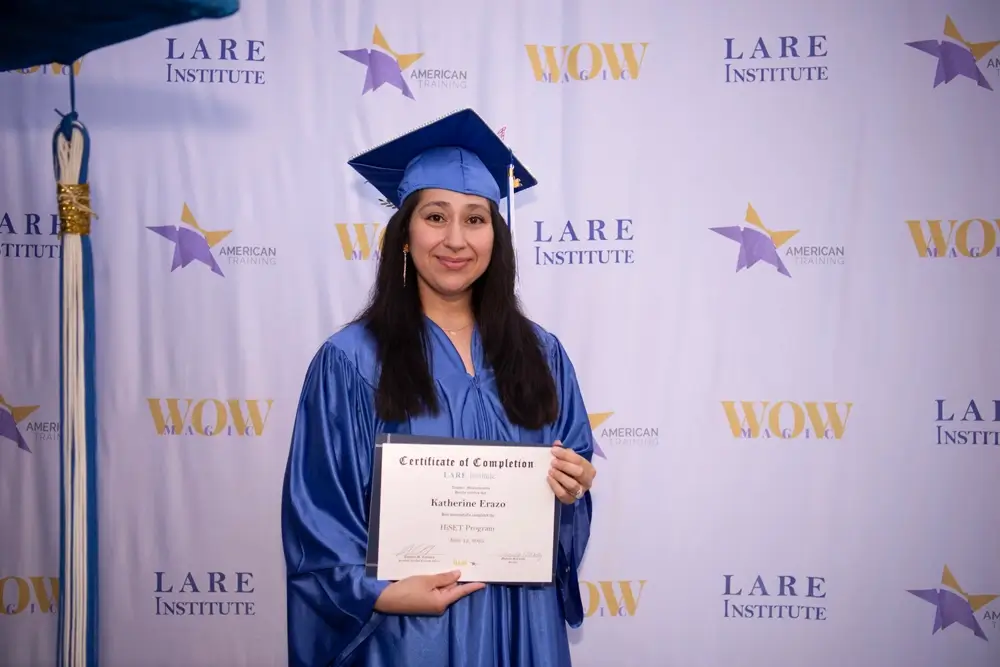Preparing for a job interview in a technical field takes more than arriving on time with your resume. It’s about presenting yourself as a capable, confident candidate who understands the role and can communicate your qualifications clearly. Whether you’re applying for a position in healthcare, business technology, or the skilled trades, preparation helps you make a strong impression and improves your chances of success.
Researching the Role and the Employer
Understanding the job and the company shows respect for the employer’s time and demonstrates genuine interest. Before your interview, review the job description closely and note the required skills, responsibilities, and tools or certifications listed. Then, take time to learn about the employer by reading their website, looking at their social media, and understanding their mission.
Doing this research helps you:
- Answer questions with relevant examples
- Ask thoughtful questions at the end of the interview
- Show that you’re invested in joining their team
Preparing in this way helps you connect your experience with what they’re looking for and gives you a more confident foundation during the interview.
Common Interview Questions for Skilled Professions
While every interview is different, there are common questions that often come up in technical fields. Practicing your answers ahead of time can help you respond with confidence. Here are a few examples:
- “Tell me about your training and what you’ve learned.”
- “Describe a time you solved a problem on the job or in class.”
- “How do you handle working under pressure or on tight deadlines?”
- “What safety procedures are most important in your line of work?”
- “Why are you interested in working with our company?”
To keep your answers clear and structured, use the STAR method—Situation, Task, Action, Result. Be honest, stay focused, and keep a positive tone even when talking about challenges. Employers appreciate candidates who reflect on their learning and show a willingness to improve.
How to Present Your Hands-On Training and Certifications
When you’re in a technical field, showing what you know can be just as important as saying it. Your hands-on training, certifications, and classroom experience are valuable assets—make sure you explain them clearly during the interview. Focus on how your training has prepared you to do the job safely, accurately, and efficiently.
Highlight:
- Specific tools or equipment you’ve used
- Certifications you’ve earned (such as OSHA, CPR, Microsoft Office, QuickBooks, etc.)
- Projects or tasks you’ve completed during training
If possible, bring copies of your certifications and a resume that outlines your technical skills. Employers will appreciate your professionalism and preparation.
Dressing, Speaking, and Behaving Professionally
First impressions matter. Dressing appropriately for the role—clean, neat, and industry-appropriate—shows that you take the opportunity seriously. In most cases, business casual attire is a safe choice unless you’re told otherwise.
During the interview:
- Speak clearly and respectfully
- Maintain eye contact
- Use positive body language
These small details help you come across as capable and reliable. Treat every interaction, from the front desk to the hiring manager, with the same level of respect.
Following Up and Staying Engaged After the Interview
After your interview, sending a thank-you message within 24 hours can help reinforce a strong impression. A simple email thanking the employer for their time and briefly restating your interest in the position is enough.
Following up also gives you a chance to:
- Clarify anything you forgot to mention
- Ask about the next steps in the process
- Stay top-of-mind with the employer
Staying professional and engaged—even after the interview—is part of showing you’re ready to take the next step in your career.
Taking the Next Step Toward Career Success
Job interviews are an opportunity to share your experience, show your potential, and take meaningful steps toward a better future. With the right preparation, you can approach each interview with greater confidence and a clearer understanding of how to succeed.
If you’re ready to sharpen your skills, earn industry-recognized certifications, or prepare for your next interview, we’re here to help. Contact us to learn more about our programs, schedule a meeting with a case manager, or register for a class. The right training can accelerate your career—and change your life.



















